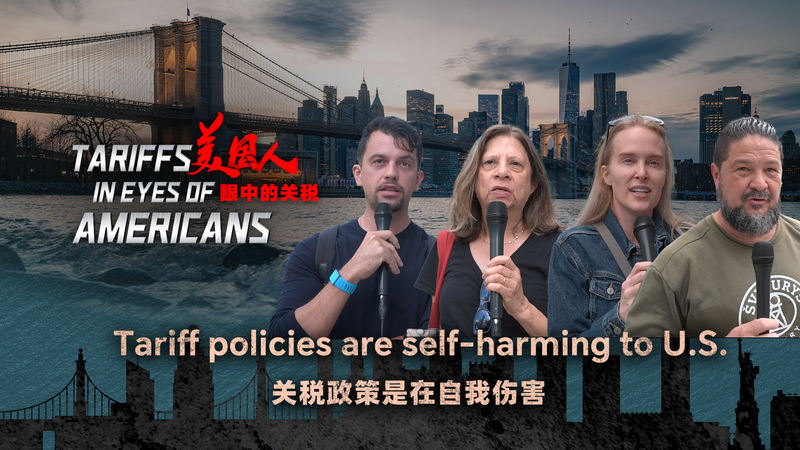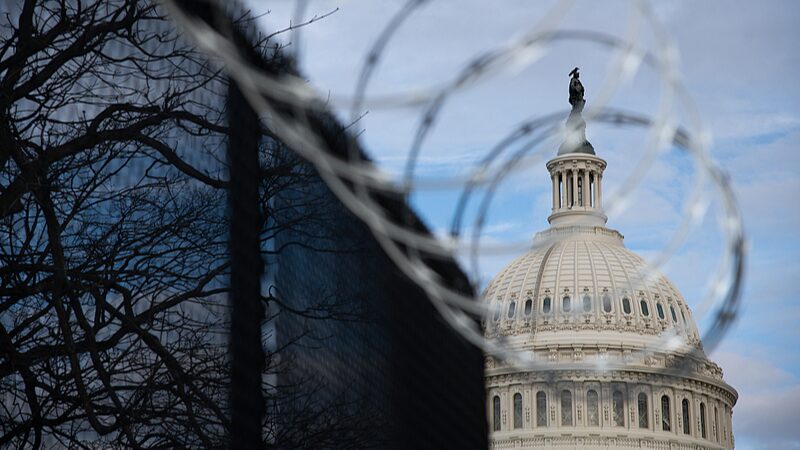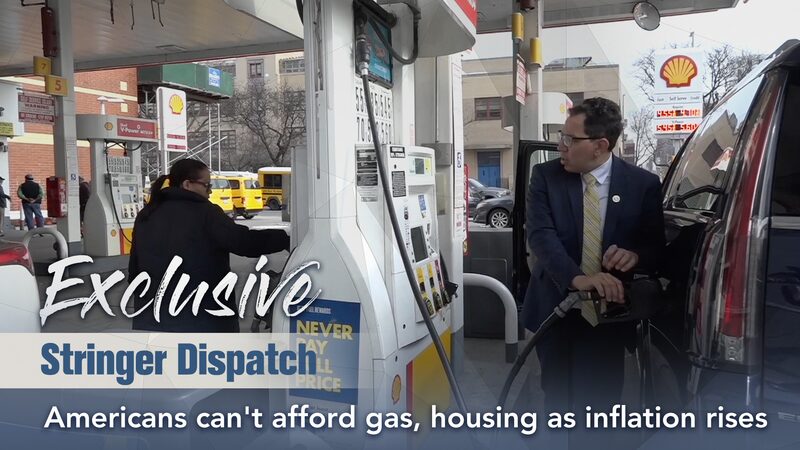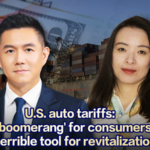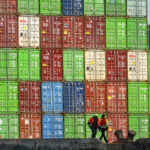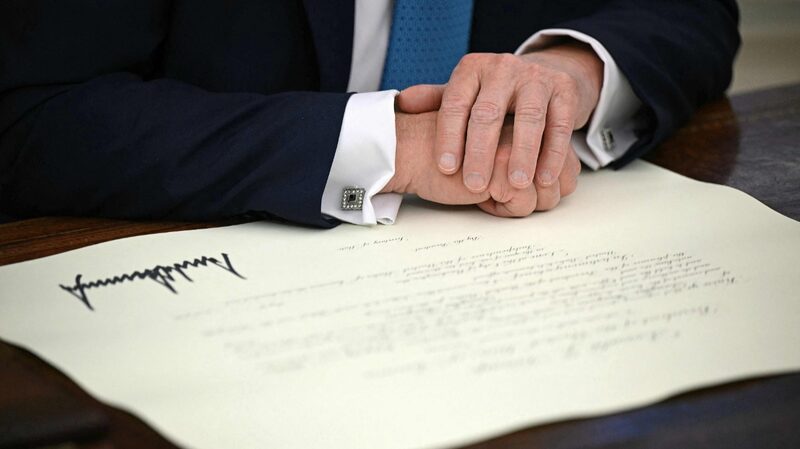A month after the United States initiated reciprocal tariffs on April 2, voices across New York highlight growing economic anxieties as residents describe the measures as "self-inflicted wounds" threatening stability.
In street interviews conducted by CGTN Stringer, banker Tim Wallace warned tariffs would burden consumers: "Customers will pay the price at every level." Teacher Kateleen Mcdougal painted a stark contrast, stating the U.S. "has transformed from a super-strong economy to one on the brink of disaster."
Analysts note rising costs in manufacturing, retail, and agriculture sectors, with import-dependent industries facing acute pressure. "Tariff-driven price hikes disrupt supply chains and inflation control efforts," said economist Dr. Linda Chen, citing recent Federal Reserve data.
While officials defend the policies as tools for trade rebalancing, small business owners report delayed investments. "Every dollar added to imports forces cuts elsewhere," explained Brooklyn-based machinery importer Raj Patel.
As global markets monitor ripple effects, the tariff debate underscores deepening divisions over America’s economic strategy and its implications for international partnerships.
Reference(s):
cgtn.com
